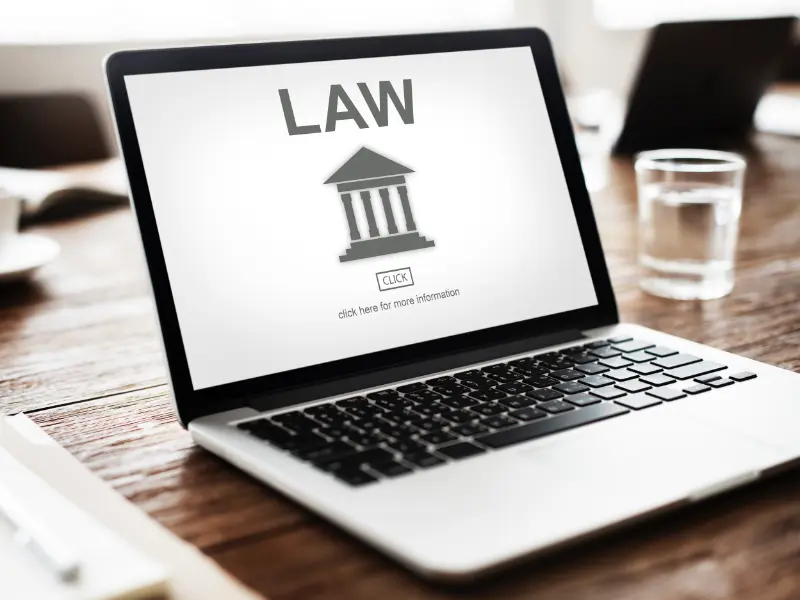- Internet laws, also known as cyber laws or digital laws, refer to legal regulations and guidelines governing the use of the internet and related technologies.
- These laws cover a wide range of areas, including privacy, cybersecurity, intellectual property, online transactions, freedom of expression, and digital governance.
- Internet laws, also known as cyber laws or digital laws, refer to legal regulations and guidelines governing the use of the internet and related technologies.
Internet laws encompass a broad spectrum of legal principles and regulations designed to govern various aspects of online activity.
Internet laws continue to evolve in response to technological advancements, emerging threats, and societal concerns. Governments, regulatory bodies, industry stakeholders, and civil society organisations collaborate to develop and enforce effective legal frameworks that promote a safe, secure, and inclusive digital environment for users worldwide.
Seven categories of internet laws
1. Privacy laws
These laws regulate how personal information is collected, stored, used, and shared online. They often include requirements for obtaining consent, providing notice of data practices, and securing sensitive information.
2. Cybersecurity laws
These laws focus on protecting computer systems, networks, and data from cyber threats such as hacking, malware, and data breaches. They may require organisations to implement security measures and report security incidents.
3. Intellectual property laws
These laws govern the use and protection of intellectual property rights such as copyrights, trademarks, and patents online. They address issues like online piracy, digital rights management, and domain name disputes.
4. E-commerce laws
These laws regulate online transactions and electronic commerce activities, including contracts, consumer rights, electronic signatures, and online payment systems.
5. Freedom of expression laws
These laws protect individuals’ rights to freedom of speech and expression online. They may address issues such as censorship, hate speech, defamation, and online harassment.
6. Data protection laws
These laws regulate the processing and protection of personal data, including requirements for data transparency, user consent, data security, and data breach notification.
7. Jurisdiction and governance
These laws determine which laws apply to online activities, as well as how disputes involving online actors are resolved across different jurisdictions.
Also read: What is ICANN? Inside the non-profit org that ensures the stability of the internet
Function of internet laws
The function of internet laws is to establish a legal framework that promotes trust, security, and fairness in the digital space, enabling individuals and businesses to harness the benefits of the internet while minimising risks and abuses.
Internet laws protect the rights of individuals and organisations operating online. This includes safeguarding personal data privacy, intellectual property rights, freedom of expression, and consumer rights in online transaction.
It also aims to enhance cybersecurity and combat cybercrimes such as hacking, malware, identity theft, and online fraud. By imposing legal obligations on entities to implement security measures and report security incidents, these laws help mitigate risks and protect users from online threats.
Internet laws establish accountability mechanisms for entities operating online. They define legal liabilities and responsibilities for violations of internet regulations, ensuring that individuals and organisations are held accountable for their actions and behaviors online.
Also read: What is the Youth Internet Governance Forum?
While regulating online activities, internet laws also aim to foster innovation and digital growth. They provide a predictable legal environment that encourages investment in technology development, entrepreneurship, and digital innovation while balancing innovation with societal interests and values.

